
The United Nations (UN) World Food Programme (WFP) has launched a new initiative to promote girls’ education in northern Ghana and the Volta Region.
The programme, projected at a cost of US$2.6 million, is targeted at about 30,000 young girls at the junior high school (JHS) level in the Northern, Upper East, Upper West and Volta regions.
The initiative, known as the ‘Electronic Voucher (e-voucher) model’, is to augment an existing food rationing programme for girls in deprived communities to encourage them to attend school regularly to ensure their retention in school and successful completion of their education.
Under the e-voucher model, which is also to help address the nutritional and health needs of young girls, WFP has contracted local businesses to supply the food ration to the girls instead of the previous model under which the government was in charge of transporting food purchased by WFP to the beneficiary schools, districts and regions.
The e-voucher model will also eliminate the transportation costs borne by the government under the old system and stimulate trade by injecting cash into the local economy, to offer opportunities for the suppliers to generate revenue to expand their businesses.
WFP’s visit
This came to light when the WFP, led by its acting Country Director, Ms Magdalene Owusu Moshi, visited two beneficiary schools in the Tamale metropolis last Thursday to sensitise the beneficiaries and their parents to the importance of education and also to distribute some food items to the girls.
A total of 168 young girls, comprising 88 from Bamvim Presbyterian JHS and 80 from the St Joseph JHS, both located at the outskirts of the Tamale metropolis, are currently benefitting from the programme to encourage them to stay in school and also focus on their education to achieve higher heights in life.
The new initiative, which involves the provision of beans, cooking oil, iodised salt, among others, is to help address the nutritional and health needs of young girls.
At the event, Ms Moshi said the programme was also in line with the WFP’s core mandate to support the Government of Ghana (GOG) in its food security and nutritional efforts and also to help enhance girls’ education.
According to her, the project, which is funded by the United States (US) government through the WFP, in collaboration with the GOG and other agencies, is to help enhance quality education, as well as reduce the high school dropout rate among girls in deprived communities across the country.
Ms Moshi noted that the programme would provide incentives to retain and encourage regular school attendance among girls at the JHS level, stating that although Ghana had made progress in increasing access to basic education, in some regions, gender parity remained a problem, particularly at the JHS and the senior high school (SHS) levels.
“The education sector performance report for the year 2014 indicated that the Upper West had a high Gender Parity Index (GPI) of 1.06 at the kindergarten level, 1.05 at the primary level and 1.06 at the JHS level, while the Northern Region consistently remained the lowest over the last 15 years with a GPI in kindergarten being 0.98, primary school being 0.92 and the JHS also being 0.85,” she stated.
Parents’ attitude
Ms Moshi expressed worry about the attitude of some parents who still preferred educating the males in the family because they contended that the girls would get married and leave the home; adding that as a result of that, the girls were usually withdrawn from school in times of difficulties.
She, therefore, urged parents to do away with that mentality and rather allow the girls to achieve their aim for a better future.
She also encouraged the food suppliers and other business entities engaged under the programme to purchase food from smallholder farmers to help improve their livelihoods and income generation.
The Northern Regional Girls Education Officer, Mrs Linda Amoah, commended the WFP for the initiative, saying it had helped to reduce the high school dropout rate among girls in the region.
According to her, the sensitisation programme had also helped to reduce the high teenage pregnancy in the region that had been jeopardising the future of the young girls.
The Headmaster of Bamvim Presbyterian JHS, Alhaji Abukari Sule, said the provision of the food items would help the students gain energy to study and also help to increase school enrolment.
He appealed for funds to construct classroom blocks to accommodate students, saying most of them lived far from the school and had to walk miles before accessing the only JHS around.
The United Nations (UN) World Food Programme (WFP) has launched a new initiative to promote girls’ education in northern Ghana and the Volta Region.
The programme, projected at a cost of US$2.6 million, is targeted at about 30,000 young girls at the junior high school (JHS) level in the Northern, Upper East, Upper West and Volta regions.
Read Full Story
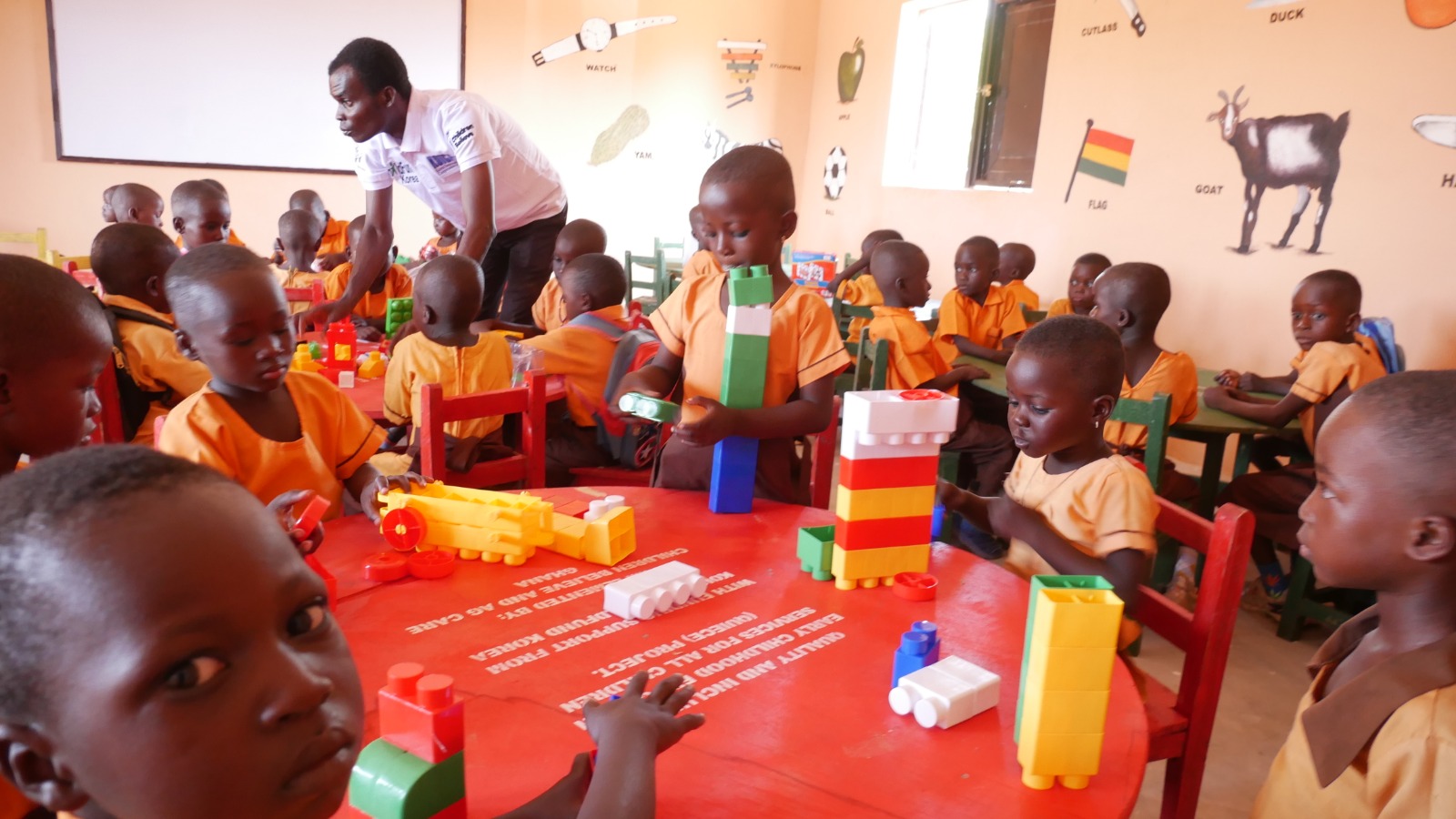
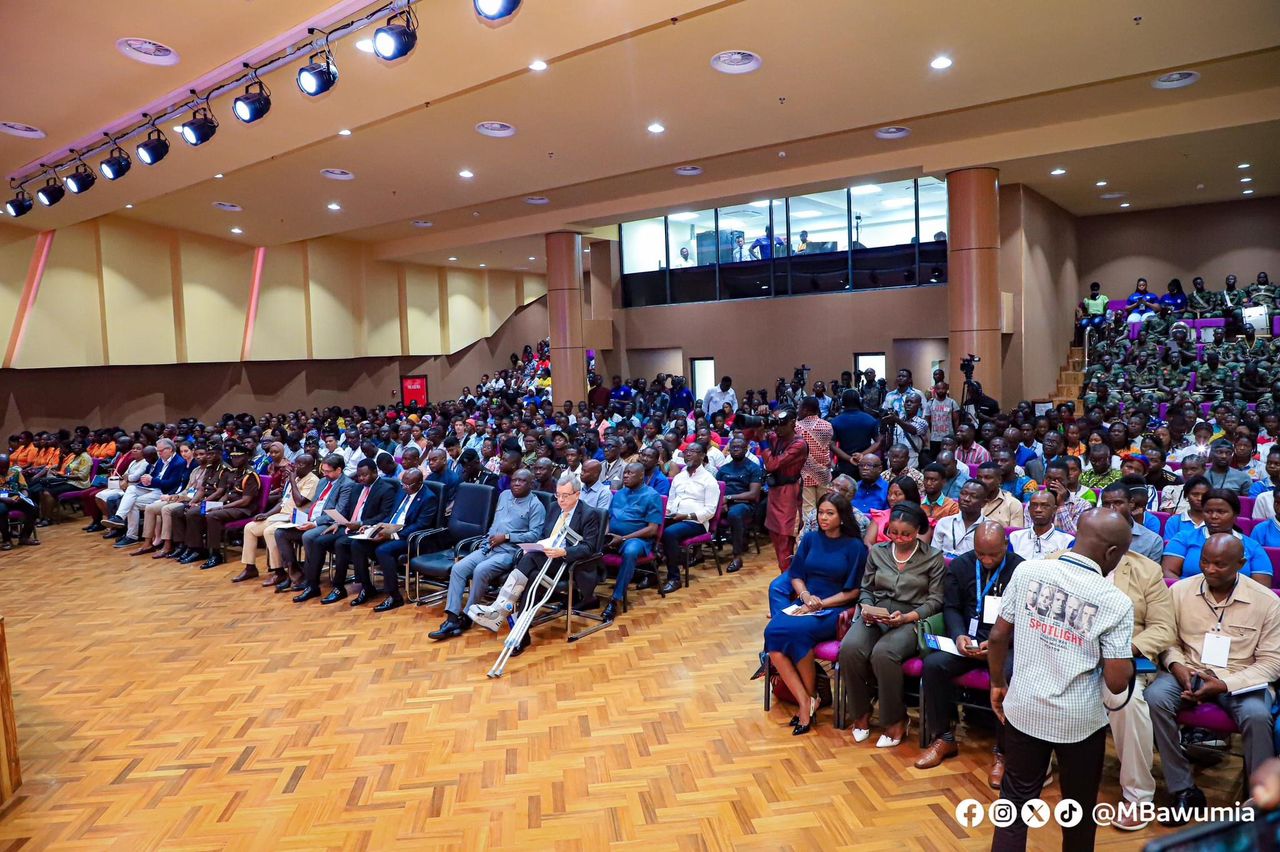
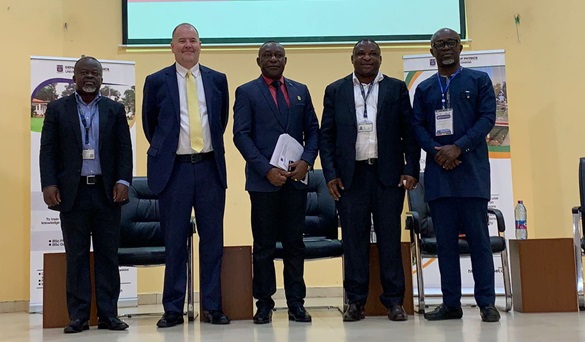
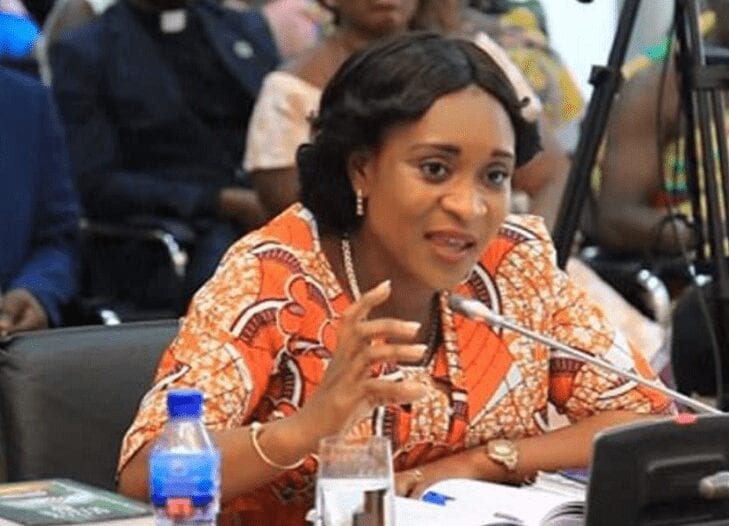




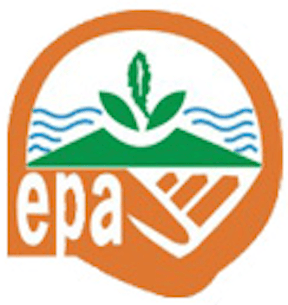
















Facebook
Twitter
Pinterest
Instagram
Google+
YouTube
LinkedIn
RSS